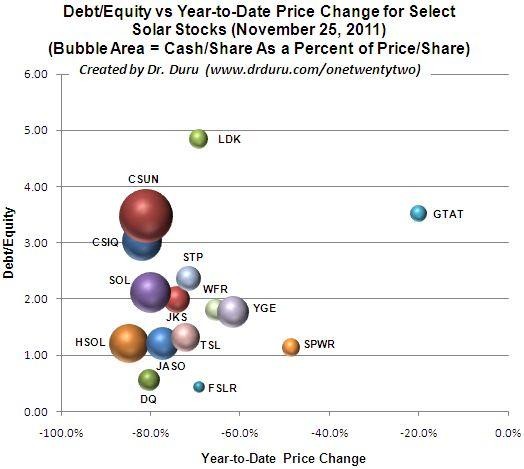Should I use my home s equity to buy stocks Nov 16 2011
Post on: 27 Июнь, 2015 No Comment

By Walter Updegrave November 16, 2011: 10:42 AM ET
NEW YORK (CNNMoney) — With rates on home equity credit lines around 4.5%, I think I can boost my return without much additional risk by borrowing against my home and then investing the proceeds in blue-chip stocks that pay dividends of 5% to 5.5%. I realize this strategy has risks, but overall it seems like a good way to generate some extra returns in my stock portfolio. What do you think? — Brian, New York
It was quite popular in the years leading up to the financial crisis when some advisers touted equity harvesting or equity maximization as a profitable way to put your idle home equity to work in the stock market. Of course, this practice tended to be profitable for the advisers themselves, as they often recommended you put that extracted home equity in investments that paid them generous fees.
This strategy was a bad idea then, and it’s still a lousy idea now.
Just think about it for a second. For the possibility of earning an extra half to a percentage point a year, you could be putting your home as well as your overall financial security at risk.
Granted, this strategy may seem to be, if not a sure thing, at least one with a high probability of success. After all, stock returns tend to exceed home equity line interest rates over the long haul. So as long as you earn a steady stream of dividends or a return in any form that’s higher than the interest rate on your loan, you effectively skim off the extra cash.
Not only that, but to the extent that your dividends and any capital gains are taxed at the long-term capital gains tax rate while your home equity interest is deductible at higher ordinary income rate, you might also reap a little tax benefit as well.
But while you may think you’ve stumbled upon a route to the proverbial easy money, let’s get real here.
Money 101: Borrowing for other expenses
These types of strategies always look good until they blow up. While stock returns are generally higher than loan rates, there are many times when this isn’t the case. And while dividend stocks might seem to offer a better shot at pulling off this strategy, it’s not as if they’re immune from setbacks either. Just take a gander at the Dow Jones Select Dividend ETF’s ( DVY ) more than 50% dive during the financial crisis.
That’s just looking at one side of the equation. You’ve also got to remember that home equity line interest rates are typically tied to the prime rate. That rate has been sitting at the ultra-low level of 3.25% since the end of 2008, territory it last saw in 1955.
I’m not in the business of predicting interest rates. But I don’t think it would be a stretch to imagine that prime will rise at some point, which means home equity rates will rise, too.
If your loan rate goes up and the return on your stocks doesn’t, your easy-money margin will narrow and possibly disappear. If the rate goes up and stock returns drop, you could very well find yourself with a loan balance that is much higher than the value of the stocks you own.
That might not be a problem if you can wait long enough for stock returns to turn around. But you may not have that luxury. If for some reason you need to sell your home, you would have to repay the home equity line outstanding balance. Similarly, if you run into financial difficulties and miss payments on the loan, the lender would have the option of demanding immediate repayment.
Questions about investing? Ask our Help Desk
Fact is, there are any number of ways —some foreseeable, some not — that your little scheme could go awry. Investing with leverage — i.e. with borrowed money — necessarily heightens risk. Just ask any of the hedge fund managers or investment bankers who bought mortgage-backed securities with borrowed money during housing’s heyday only to find themselves saddled with huge losses when the bubble burst.
My advice: Forget this strategy. If you want to shoot for higher returns without ratcheting up risk, try cutting your investment costs. By focusing on low-fee options like the index funds and ETFs on our MONEY 70 list of recommended funds, you may easily be able to save a half to full percentage a year in expenses compared to funds with average or above-average fees. All else equal, those savings will increase your net gain.














